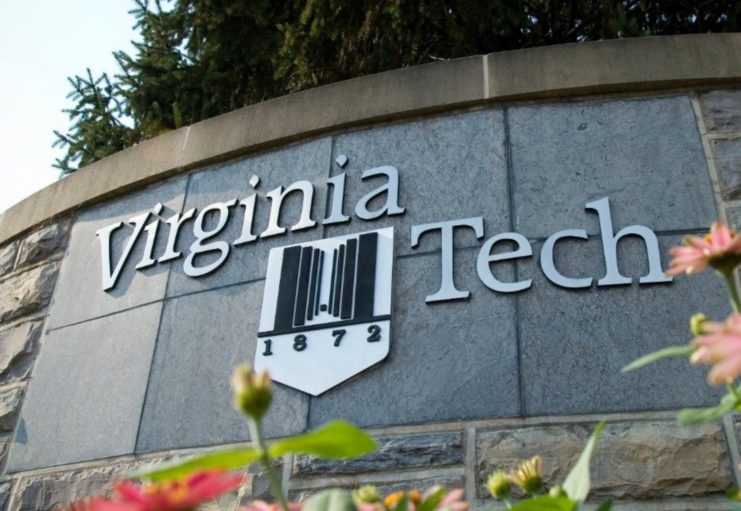
Virginia Tech was selected by the Trump administration last week to work on new programs to accelerate drone use throughout the nation. The company will manage and lead drone testing across the state of Virginia. The U.S government selected 10 jurisdictions for the 10 drone Pilot Program, which will allow local and state governments to join forces with private organizations in testing and promoting the use of drones.
The plan is to give waivers to a group of companies and local communities so that they can experiment with drones in different use cases that would otherwise not be possible due to FAA regulations. For example, it is prohibited to fly drones over crowded areas or out of the line of sight of the pilot. But with these waivers, researchers within these organizations and communities will be allowed to do just that. The data gathered will be used to shape the future of drone use in America by helping the government make better regulations that will propel the drone industry forward.
Virginia’s Innovation and Entrepreneurship Investment Authority and the Center for Innovative Technology both submitted a proposal that was approved by the FAA and United States Department of Transportation. Virginia Tech’s Mid Atlantic Aviation Partnership (MAAP) will handle the daily activities as part of the program. Other corporate partners include Google’s Project Wing, AT&T, Airbus Aerial, Intel, State Farm, Sinclair Broadcast Group, Dominion Energy and Hazon Solutions.
The proposal was made by 6 Virginia counties including Prince Edward, Buckingham, Loudoun, Montgomery, Cumberland, and Wise. Mark Blanks, director of MAAP said that all Virginia counties share in this approval. The tests in Virginia will be important because of the unique ways that drones interact with people, stated Blanks. He explained that these interactions will become more and more common over time hence the need for more data.
Local Virginia residents will assist in reshaping the country’s drone regulations through these experiments which will include drone deliveries for example. The program is expected to last for 3 years and create opportunities for bigger and more complex drone operations. The exact time when these projects will begin is still unclear, Blanks noted.
Once MAAP has selected the projects that will be undertaken including locations and timelines, they will make it known to the public. Senator Mark Warner, stated that the approval of Virginia was a recognition of the expertise available in the state. Many are extremely happy with this program which will help integrate drones into our daily lives and these tests will help make sure things are done as safely as possible.
|